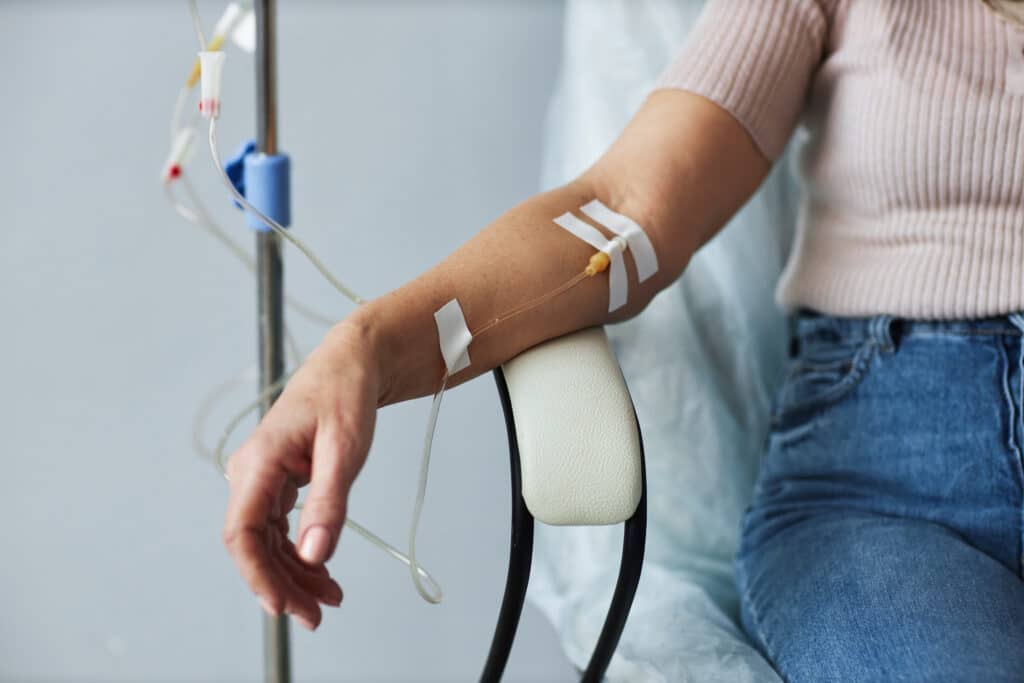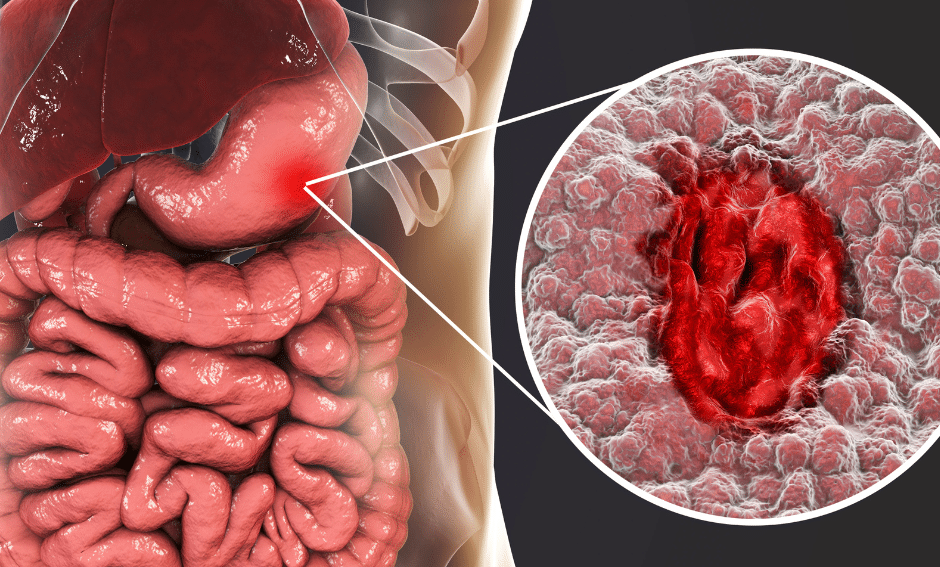Are Colorectal Cancers Really on the Rise for Millennials?
Dr. Gingold Responds to Recent ABC News Story
ABC News recently reported that a study showed the risk for colorectal cancer has doubled for millennials. Moreover, it was hypothesized that a sedentary lifestyle and poor diet were causes for the increase—well-known risk factors for colon cancer that are common amongst this age group.
While this story is very interesting, this isn’t necessarily new information. Yes, the incidence rates are increasing with this demographic, but the overall rates of colon cancer are dropping thanks to increased awareness and screening.
So where does this leave us? There are two main takeaways:
- Perhaps, we aren’t screening people early enough. Screenings are currently recommended for those over 50.
- Regardless of age, if something doesn’t seem right, speak to your doctor.
It may be a while before screening guidelines change, but you can be proactive.
If you have any bleeding, unusual weight loss, abdominal pain, change in your bowel habits, etc., visit a gastroenterologist to determine whether any additional testing is necessary.
For more information on colorectal cancer and screenings, contact Digestive Healthcare Center today.
Make an Appointment for Comprehensive Digestive Care in NJ
At Digestive Healthcare Center, we want each patient at our three offices in New Jersey to feel confident about their digestive health. We encourage you to contact us today to make an appointment with one of our expert gastroenterologists – don’t wait to start putting your digestive health first!
Recent Blogs
Learn more about all things digestive health and wellness by checking out our recent gastroenterology blogs.

Infusion therapy has become a vital treatment option for individuals with Crohn’s disease, offering relief when traditional medications may fall short. This method delivers medication directly into the bloodstream, providing quicker and more targeted effects to help manage inflammation, reduce symptoms, and improve quality of life. For those with moderate to severe Crohn’s disease, infusion […]

The Advancement of Ulcerative Colitis Treatment Ulcerative colitis (UC) is a chronic inflammatory bowel disease (IBD) that affects the lining of the colon and rectum. Those diagnosed with UC often experience flare-ups that can significantly impact their quality of life. Fortunately, advancements in medical treatment have made managing this condition more achievable. One option is […]

Diverticular disease and diverticulitis are related digestive health conditions that affect the large intestine (colon). With diverticular disease, small, bulging pockets develop on the lining of the colon. When these pockets become inflamed or infected, the condition is called diverticulitis. They are very common – especially after age 40 – and rarely cause problems. At […]
























